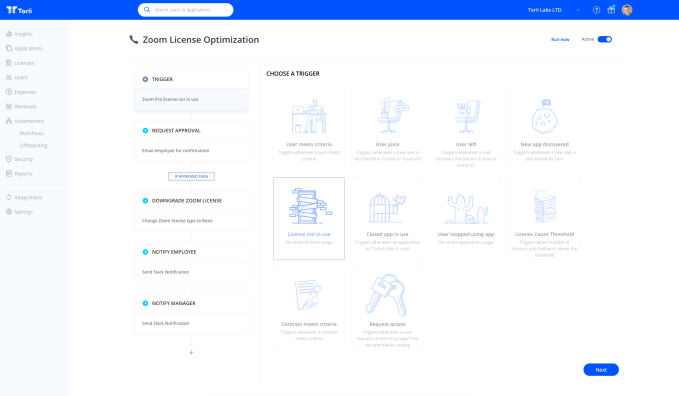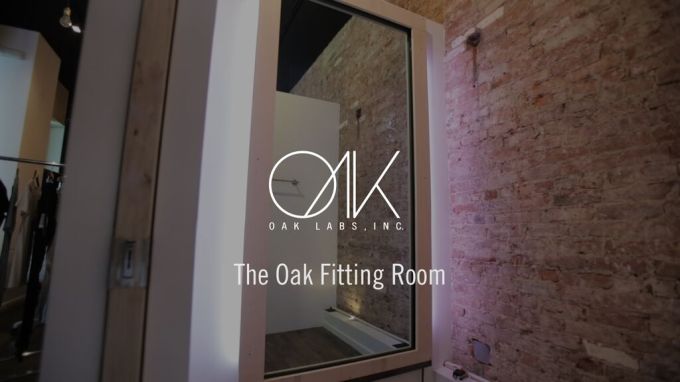Ken Babcock and his co-founders, Dan Giovacchini and Brian Shultz, were in the midst of Harvard Business School in March 2020 when they felt the call to start Tango, a Chrome extension that auto-captures workflow best practices so that teams can learn from their top performers.
“This window of opportunity was driven by the pandemic as we saw a lot of companies become distributed and go remote,” CEO Babcock told TechCrunch. “Team leaders were remotely onboarding people, for perhaps the first time, and accelerating ramp times. There was no longer the opportunity to tap on people’s shoulders in the office, so much of the training was left to people’s own devices.”
They dropped out of their program to start Los Angeles-based Tango, and today, announced a $5.7 million seed round for its workflow intelligence platform. Wing Venture Capital led the round and was joined by General Catalyst, Global Silicon Valley, Outsiders Fund and Red Sea Ventures. A group of angel investors also joined, including former Yelp executive Michael Stoppelman, former Uber head of data Jai Ranganathan, KeepTruckin CEO Shoaib Makani and Awesome People Ventures’ Julia Lipton.
Tango is designed to help employees, particularly in customer success and sales enablement, get back as much as 20% of their workweek spent searching for that one piece of information or tracking down the right colleague to assist with a task. Its technology creates tutorials by recording a users’ workflow — actions, links to pages, URLs and screenshots — and turns that into step-by-step documentation with a video.
Previously the co-founders bootstrapped the company, and decided to go after seed funding to expand the product and growth teams and invest in product development so that Tango could take a product-led growth strategy, Babcock said. The team now has 13 employees.
Since starting last year, Tango has secured 10 pilots to figure out the data and capabilities before it is set to launch publicly in September. Babcock said the company will always have a free version of the product, as well as premium and enterprise versions that will unlock additional capabilities.
“The big thing is around integrations and meeting people where the consumer content is,” Babcock added. “We are reducing that burden of creating documentation, and for companies that already have Wikis or other materials, learning how to inject ourselves into those systems.”
Zach DeWitt, partner at Wing Venture Capital, said he met the company three years ago through a mutual friend.
His firm invests in early-stage, business-to-business startups unlocking a novel data set. In Tango’s case, the company was creating a new data set for the enterprise and business, where users can analyze workflow.
With the average tech company using 150 SaaS apps, up from 20 a decade ago, there are permutations about which app to use, how to use them, what happens if the user gets stuck and what if none of the data is being captured, Dewitt said. Tango works in the background and captures workflow, which is the foundation to the business’ success.
“I was blown away by the approach,” he added. “You have to meet people where they get stuck and even anticipate where they get stuck so you can serve the Tango tutorial to get unstuck. It can also change the company’s culture when it rewards people to share knowledge. The whole idea is beneficial to multiple parties: to those who are getting stuck and to new hires. That is powerful.”

 Though the world of fashion is trying desperately to catch up to the digital age, retail is still fundamentally unchanged. Oak Labs is looking to shake things up with a smart mirror to be placed in the fitting room of clothing stores and boutiques.
Though the world of fashion is trying desperately to catch up to the digital age, retail is still fundamentally unchanged. Oak Labs is looking to shake things up with a smart mirror to be placed in the fitting room of clothing stores and boutiques.